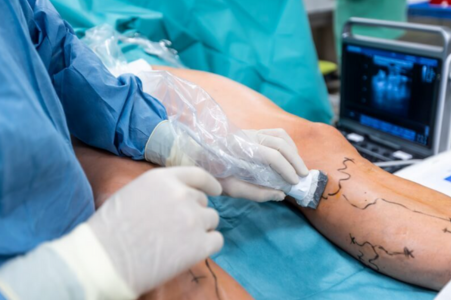General Surgery

Causes in General Surgery Conditions
The causes of general surgical conditions can vary widely. Some common causes include:
1. Trauma: Accidents or injuries can result in abdominal trauma, leading to the need for surgical intervention.
2. Infection: Bacterial or viral infections can affect various organs and tissues, necessitating surgical treatment.
3. Tumors: Benign or malignant growths can develop in organs or soft tissues, requiring surgical removal.
4. Gallstones: The formation of hardened deposits in the gallbladder can lead to inflammation (cholecystitis) and require surgical removal.
5. Hernias: Weaknesses in the abdominal wall can cause organs or tissues to protrude through, often requiring surgical repair.
6. Gastrointestinal conditions: Conditions like appendicitis, diverticulitis, ulcers, or inflammatory bowel disease can necessitate surgical intervention.
General Surgery Symptoms
The symptoms experienced in general surgery can vary widely depending on the specific condition or procedure. Here are some common symptoms associated with certain general surgical conditions:
1. Abdominal pain: Pain or discomfort in the abdominal region, which may be dull, sharp, crampy, or intermittent.
2. Swelling or lump: Visible or palpable bulges or masses in the abdominal wall or other areas.
3. Digestive problems: Issues such as difficulty swallowing, heartburn, indigestion, bloating, changes in bowel habits, or rectal bleeding.
4. Fever and infection: Symptoms of infection, including fever, redness, warmth, swelling, and drainage at the surgical site.
5. Jaundice: Yellowing of the skin and eyes, often accompanied by dark urine and pale stools, indicating liver or bile duct problems.
Treatment
The treatment for general surgical conditions depends on the specific diagnosis. It may involve non-surgical approaches, such as medication, lifestyle changes, or minimally invasive procedures, as well as more extensive surgical interventions. Here are some common treatment modalities in general surgery:
1. Medication: Prescribed medications may be used to manage pain, control infection, relieve inflammation, or address specific conditions, such as acid reflux or gallstones.
2. Minimally invasive procedures: Techniques like laparoscopy or endoscopy are used to access and treat internal structures with small incisions, resulting in less pain, shorter recovery times, and reduced scarring.
3. Open surgery: Traditional open surgical procedures involve larger incisions to access and treat the affected areas. They may be necessary for complex cases or when minimally invasive techniques are not appropriate.
4. Antibiotics: These may be prescribed to prevent or treat infections before and after surgery.
5. Supportive care: Post-operative care often involves pain management, wound care, physical therapy, and dietary guidance to ensure proper healing and recovery.





